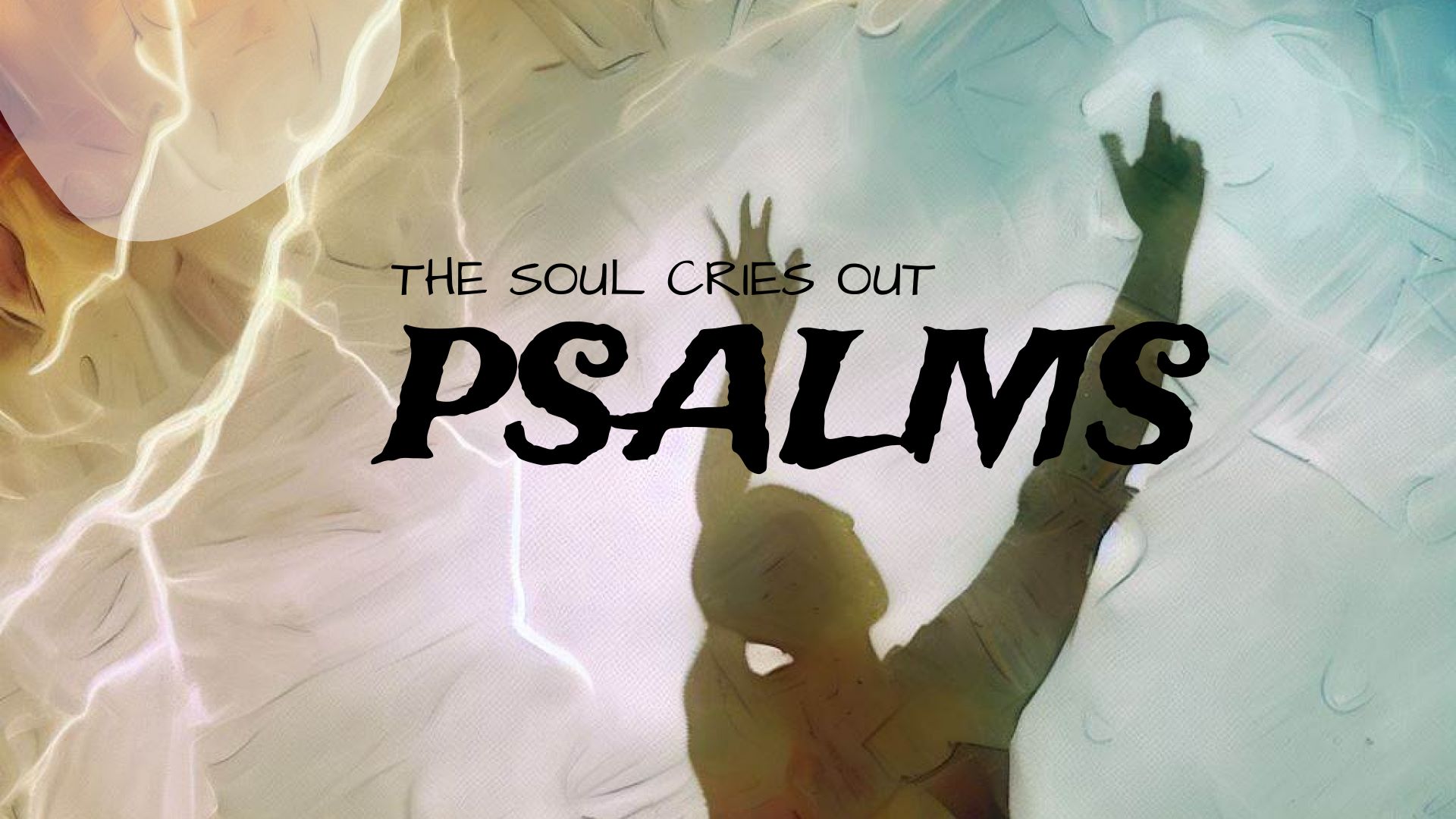I’m no expert in investments and the stock market, but I know the general pattern. You buy stocks or bonds in some form or another and hope they go up in value. When they go up, you sell and voila, you make money. That’s the usual way things are done. But it’s also possible to bet against the market. In this case, your profits come from betting that certain companies are going to fall in value. If you take this approach, then you hope to hear the news of failure, disruption, and collapse. These patterns within the stock market capture the relationship of holiness to the world. Yes, that’s right. Holiness is a little like buying stock. To see it play out, consider with me Revelation 18—19.
Where your stocks are determines what you rejoice over
Revelation 18—19 is close to the end. We’re at the climactic showdown. The fall of Babylon dominates chapter 18. Now, Babylon in the book of Revelation is many things at many different levels. As Revelation unfolds, though, it becomes clear that Babylon is the anti-kingdom. As one author puts it:
“In his portrayal of Babylon the great, John is again confronting his audience with the choice between the beast or the lamb, the world or the church, those who dwell on the earth or those who are citizens of heaven, because Babylon is the “anti-Kingdom”—the alluring, all-encompassing alternative to the Kingdom of God.”
Menn, Biblical Eschatology, 2nd Ed., 294
Stockholders in Babylon
In the vision of chapter 18, we witness this anti-kingdom fall in judgment. Better said, we hear about the fact that it has fallen and we witness the way people respond to it.
Mourning.
The powerful and important people of the earth mourn (18:9-10). The businesspeople, the merchants, the traders, the Wall Street brokers mourn (18:11-17). The truck drivers, cargo ship captains, and freight train companies mourn (18:15-18).
Why is everyone so sad? Because they were vested in the existence and success of Babylon. They put all their savings into Babylon stock, as it were. They saw how wonderful, shiny, and great it was and poured all their money into it. They bet everything that it would endlessly increase in value. Instead, it turned out to be just like a crypto-currency exchange. The bottom dropped out on them and they are left with nothing.
Having lost their fortune is hard enough. But the coming return of Jesus in judgment makes it all the worse because everyone is about to be judged for what they have done (20:11-15—notice the repetitive emphasis on judging people based on their works). To use the picture from Jesus’ parable, it’s like Jesus will sit on the throne and ask each person to show their investment portfolio and judge them based on its value (see Matthew 25:14—30).
Stockholders in the Kingdom of God
Contrast the way the stockholders of Babylon mourn with the wild rejoicing that breaks out in heaven when Babylon goes into its death spiral. A great multitude cries out in worship, with the worship leaders shouting out, “Praise God” (19:1-5).
This is a stunning reversal in the plot of Revelation. Up ‘til this point, those who side with God and his Kingdom have mostly been getting trampled on. These people of God invested stock in the Kingdom of God and they bet all they had that Babylon would go belly up…but it looked like it would just keep growing in glory and splendor forever. It looked like holiness wasn’t going to pay out anything of great value. Until the turn.
Financial Advisors, in my experience, have one main component to their job. While they are specialists in the technical knowledge about how our financial system works—in all of its ridiculous complexity—even more importantly, they exist to tell you one message over and over again: it is worth it to play the long game with your finances. Don’t bet on what looks flashy and impressive now, bet on things that will hold value over the long haul.
And chapter 18—19 of Revelation show the tipping point where investments in holiness go from looking pretty silly to being the obvious best choice for the long run.
While Revelation has a cataclysmic, end-of-all-things aspect to its meaning and function, it also lays out for us the pattern of life until Jesus returns to close out this age and bring in fully the age to come. Babylon stands partially for a symbol of the world, people now, and how they stand in opposition to turning to God in worship. And, just like in Revelation, Babylon often looks pretty convincing and goes to great effort to make signing up for the Kingdom of God look like a fool’s errand.
As we work through 1 Peter, we see the conflict between Babylon and the Kingdom of God come into sharp focus. The people were suffering a fiery ordeal (1 Peter 4:12) of suffering, social ostracization, and persecution of various soft and hard types. An easy out? Stop living holy lives. That is, stop living lives devoted to knowing God and transforming themselves into the image of Jesus in word and deed.
But Peter steps in to remind them: become holy in your total way of life, because God is holy (1 Peter 1:14-16).
Why? Lots of reasons. One of note: the stock with actual value is that which God holds, not Babylon (1 Peter 1:3-9)
Where is your stock?
Holiness is a bit like the stock market. Holiness is like investing your stock in the Kingdom of God and living for Jesus in all things. And holding out in trust and hope that, in the end, it will pay out. The other pathway is to invest in Babylon. It looks shiny and exciting, but no matter how hard it tries, it can never quite shake the “too good to be true” veneer. Whatever you invest there will burn up in Babylon’s death spiral.
On a practical point, this swing of events in chapters 18—19 of Revelation subtly but forcibly asks: are you in position to rejoice with the just judgment of God over Babylon, or am I more apt to mourn? It challenges you, the reader: are you able to rejoice in the defeat of the enemy of God, or do you have so much stock in it that it will be escaping as through a fire?









